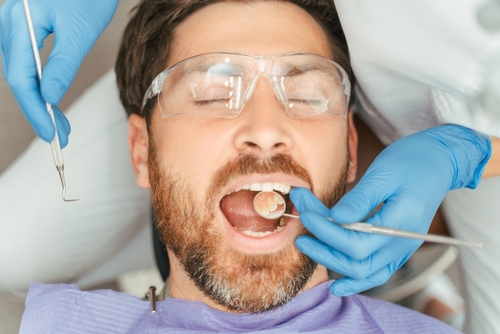The Teeth Cleaning Process
The teeth cleaning process involves several essential steps to ensure your oral health is maintained at its best. Here’s a breakdown of what you can expect during routine teeth cleaning:
- Scaling: In the first step, a dental hygienist or dentist will use specialized instruments to remove plaque and tartar from the surfaces of your teeth. This process may involve both manual scraping and the use of ultrasonic scalers, which employ high-frequency vibrations to dislodge hardened deposits.
- Polishing: After scaling, your teeth are polished using a mildly abrasive paste and a rotating brush or rubber cup. This step helps to remove surface stains and create a smooth, shiny surface on your teeth.
- Flossing: The hygienist will carefully floss between your teeth to remove any remaining debris and plaque from areas that brushing and scaling may have missed.
Throughout the teeth cleaning process, your dental care provider will ensure that you are comfortable and informed about the procedures. If you have any questions or concerns, contact our Cresotn, IA, office.


